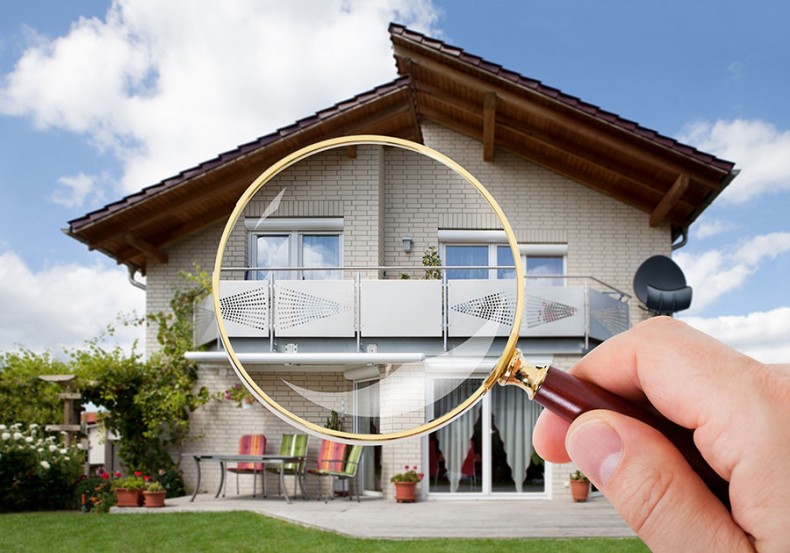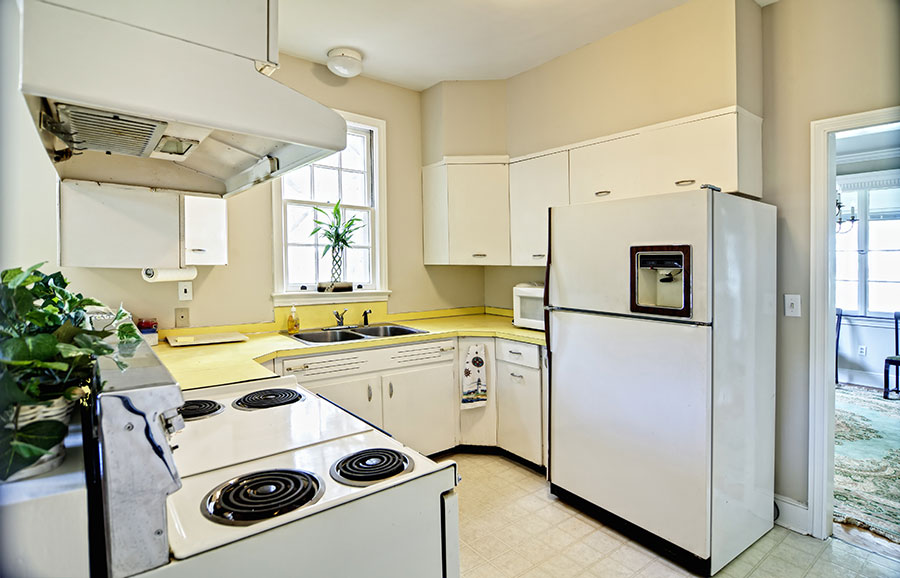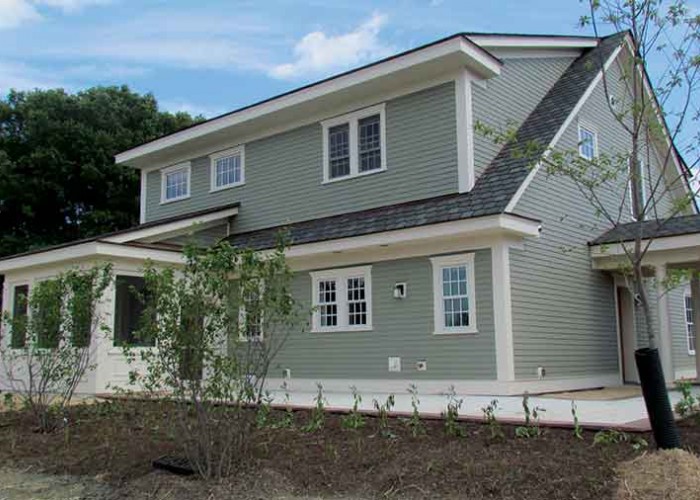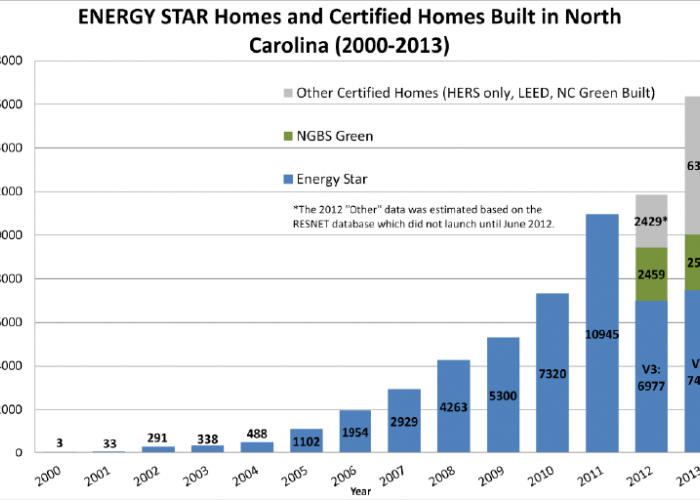House hunting?
Use this checklist before you make an offer
By Brandpoint
House hunting can feel like an adventurous new chapter in your life, and it’s easy to fall in love with a property at first sight.
Not so fast. Before making an offer on any property, it’s smart to take a deeper look to make sure warning signs of major and costly problems are not hiding in plain sight. If the house has bigger issues than your budget (and your drive to renovate), it might be best to walk away.
Once the offer is accepted, it’s always wise to hire a third-party home inspector to take an in-depth look at the property. In the meantime, a pass-through with this list in hand can help you assess whether or not to take the next step.
1Exterior
Walk around all four sides of the house, scanning it from ground to rooftop. Note the condition of the doors and window frames, and look for cracked or peeling paint or signs of loose siding. Higher up, eye the chimney, making sure it appears straight and is in good condition, while the gutters and drainpipes should be in place and functional.
2Roof
Ideally, the roof would be 10 years old or less. Scan it carefully for things like curled and missing shingles, dark stains, moss growth and sagging, which can signal serious issues. (A home inspector can confirm if a full replacement is needed, or if a few simple repairs would suffice for another decade or so.)
3Yard
Is there a slope angled away from the house, or is there a potential for a flooded basement after a hard rainfall? Mature trees provide beauty and shade, but watch for overhanging and/or dead branches. These can break off in a storm and do major roof damage. Finally, note the condition of the driveway and sidewalks.
4Foundation
A few hairline cracks in the cement is no cause for panic. Do look for telltale signs of serious issues, such as widening cracks, water stains and bulges. It doesn’t hurt to bring a level to make sure the walls are straight.
5Plumbing
Checking basement and under-sink pipes for signs of leaks, and scan the ceilings for water stains. Open all faucets to check the water pressure and assess how long it takes for hot water to reach taps.
6HVAC system
Know the age of the heating and cooling systems, and check them for tags and other signs of routine maintenance. If the systems are older than a decade, that can spell costly repairs and/or replacements in a shorter time frame for you versus newer systems. When it comes to older systems, energy efficiency is another consideration, advises Tom Tasker, product manager with Champion. Newer HVAC systems are much more efficient when compared to those from even a decade ago, he notes.
7Appliances
Note the age and condition of the refrigerator, oven and range, washer and dryer, and hot water heater. As with the HVAC, older appliances tend to consume more energy and you’ll likely face a shorter timeline for repairs and replacements.
-
More home-buying tips
-
Share this story:





